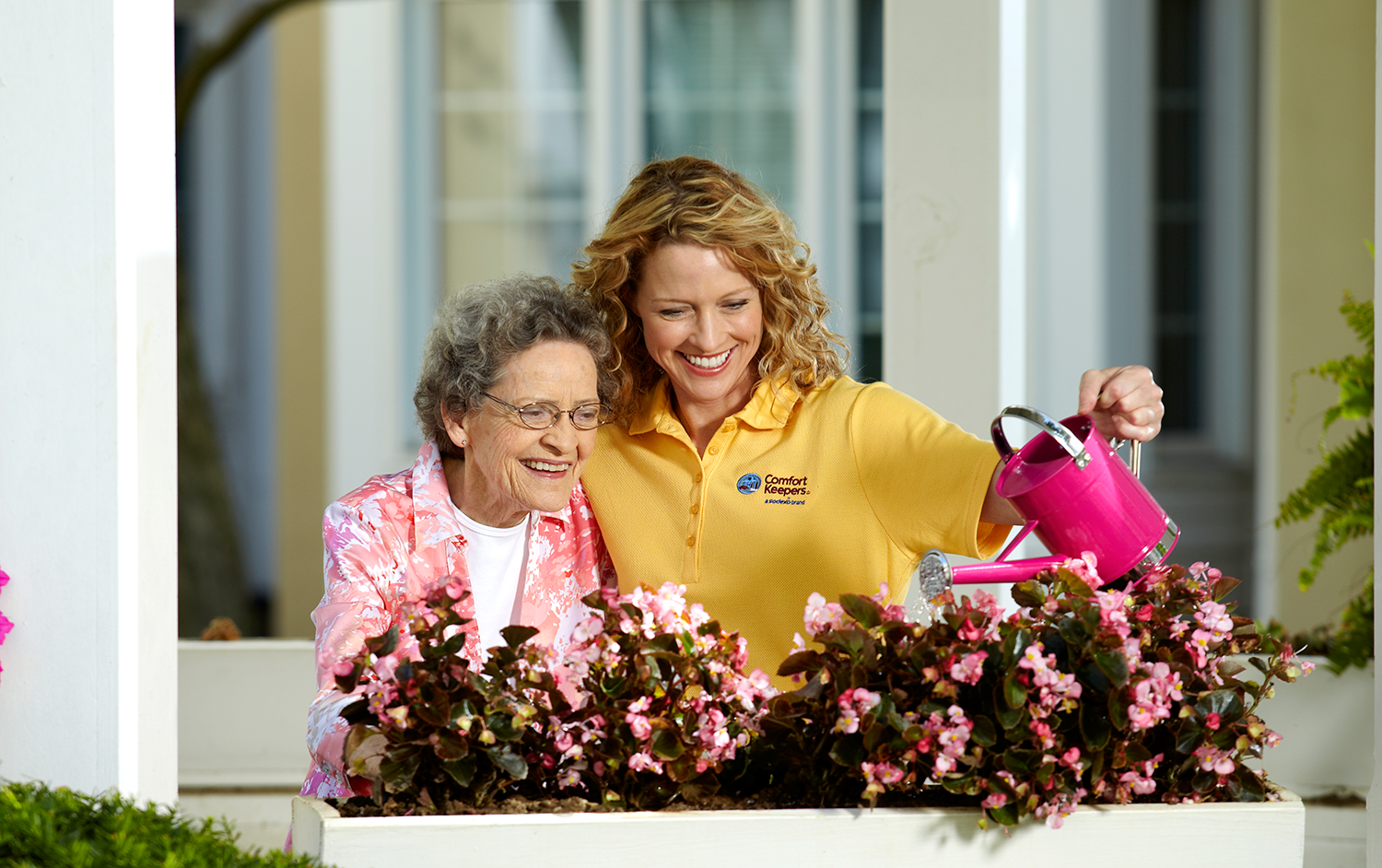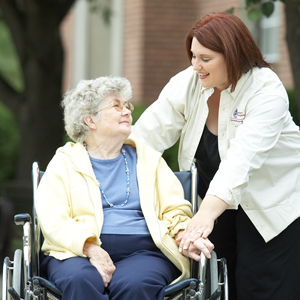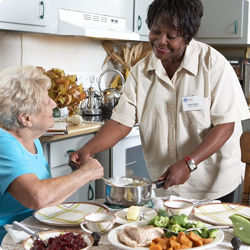How to Avoid Hypothermia this Winter
Blog | November 24, 2017
As fall starts to turn to winter, and the temperature starts to drop, the unique challenges of wintertime weather for seniors begins. The dangers of exposure to cold and hypothermia are particularly high – and even a small drop in the temperature can mean trouble for our loved ones.
Why are seniors more at risk?
The dangers posed to seniors are increased for a variety of reasons. First and foremost, as we age, our ability to regulate our body temperature is decreased, and we’re not as able to feel the severity of the temperature as much. In addition, chronic illness, and taking multiple medications also makes us more vulnerable.
How does hypothermia happen? And what are the signs?
Hypothermia is when the body’s temperature drops, which can cause multi-system injury, and even death. During the early stages of hypothermia, the skin will be cold, and a person’s lips and fingertips may have a bluish tinge to them. They’ll also be less alert, suffer from mild confusion, and have slurred speech. The most important thing to know though is that they might not shiver, or even complain that they’re cold.
If you suspect hypothermia, it’s important that you call for medical assistance immediately. While waiting for help to arrive, you should ensure they’re in a dry, warm place, and if they’re able, have them drink a warm beverage.
How can I prevent hypothermia?
Ensure that heat in the home is adequate, and that you aren’t losing heat through the windows. If you discover gaps around the windows, use weather stripping, or caulk to seal it up and prevent drafts.
Have your loved one dress warmly, even if they’re staying within their home for the day, and consider getting them a warm blanket that they can drape on their legs, or wrap themselves in. At bedtime, have them wear long underwear, and use extra covers; a sleep cap or hat might also be a good idea.
You may also want to consider closing off rooms that are not used often and placing rolled blankets or towels at the foot of unused doors to prevent drafts.
While the effects of hypothermia can be incredibly dire, luckily, reducing the risk to your loved one is relatively easy. With a few precautions, you can ensure that they’re safe and happy as the temperature drops in the coming months.
Individualized Home Care Options
Long-Term Home Care, 24 Hour Home Care & Short Term Care Options Customized for You







